What Is Artificial Intelligence? What Are The 3 Uses Of AI?
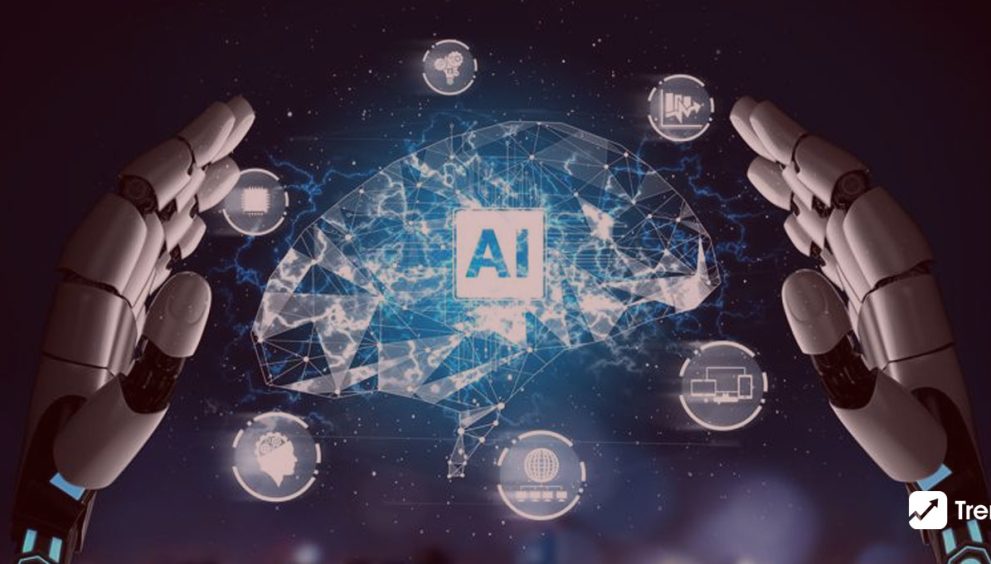
The first thing that comes to most people’s minds when they hear the term artificial intelligence is typically robots. That’s because high-profile movies and books frequently feature human-like machines that cause havoc on Earth. Artificial intelligence is based on the idea that human intelligence can be described in a way that makes it simple for a machine to mimic it and carry out tasks of any complexity. Artificial intelligence aims to mimic cognitive processes in humans. When it comes to concretely defining activities like learning, reasoning, and perception, researchers and developers in the field are making surprisingly quick progress. Inventors may soon be able to develop systems that are superior to those that humans are currently capable of learning or comprehending. Some people, however, still adhere to this belief because it is based on the idea that all cognitive processes involve value judgments that are influenced by human experience.
What Is Artificial Intelligence?
Artificial intelligence (AI) refers to the simulation of human intelligence in machinery intended to act and think like people. The phrase can also be used to refer to any machine that demonstrates characteristics of the human mind, like learning and problem-solving. The ability to reason and take actions that have the best chance of achieving a specific goal is the ideal quality of artificial intelligence. Machine learning (ML), a subset of artificial intelligence, is the idea that computer programs can automatically learn from and adapt to new data without human assistance. Deep learning techniques allow for this automatic learning by ingesting vast quantities of unstructured data, including text, images, and video.
Machines can learn from experience, adapt to new inputs, and carry out human-like tasks thanks to AI technology. The vast majority of AI examples you hear about today, including self-driving cars and chess-playing computers, heavily rely on deep learning and natural language processing. Using these technologies, it is possible to train computers to carry out specific tasks by processing vast amounts of data and finding patterns in it.
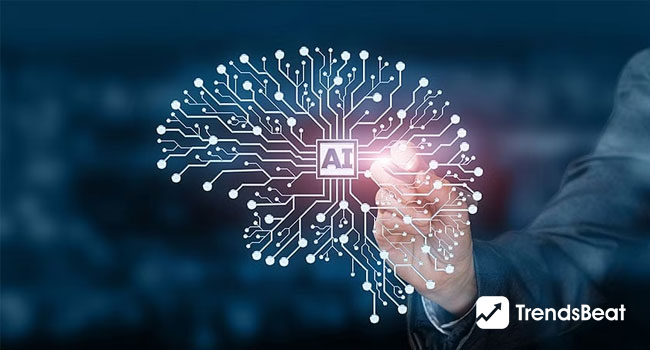
Benefits of AI Technology
Artificial intelligence (AI) is a concept that has been around for a while. AI is increasingly becoming a part of our daily lives, from quick suggestions on search engines and auto-focus in smartphones to robot greeters at shopping centers and vehicle cruise control. Organizations can streamline operations, gain a competitive edge, and ultimately accelerate growth by integrating AI technology into every facet of the business. AI has a huge amount of room for innovation and development, and it will continue to change the world in many different ways in the future. Here are the benefits of AI technology altering the world we know today.
- Automation
- Smart Decision Making
- Medical Advances
- Research & Data Analysis
- Solving Computer Problems
- Minimizing Errors
- Business Continuity
- Managing Repetitive Tasks
- Increases Business Efficiency
- Enhanced Computer Experience
AI Benefits for Businesses!
Artificial intelligence (AI) technology is used by many businesses to lower operating expenses, boost productivity, boost sales, and enhance customer experience. Businesses should consider integrating the full range of smart technologies, such as machine learning, natural language processing, and others, into their procedures and goods if they want to reap the biggest rewards. However, even companies that are new to AI can experience significant AI benefits.
IMPACT OF ARTIFICIAL INTELLIGENCE ON BUSINESS
By implementing the appropriate AI technology, your business can get significant AI benefits.
- By automating and improving repetitive tasks and processes, you can save time and money while boosting productivity and operational efficiencies.
- Based on the results of cognitive technologies, make business decisions more quickly.
- If AI systems are configured properly, they can use insight to predict customer preferences and provide them with a better, more individualized experience, avoiding mistakes and human error.
- Mine a huge amount of data to produce quality leads and expand your customer base.
- By recognizing and maximizing sales opportunities, increase revenue.
- Increase expertise by facilitating analysis and providing wise counsel and support.
What are the 3 Uses of Artificial Intelligence? AI Applications!
Artificial intelligence has a plethora of uses. There are many different industries and sectors where the technology can be applied. In the healthcare industry, artificial intelligence (AI) is being tested and used to administer medication dosages, distribute different treatments tailored to individual patients, and support surgical procedures in the operating room. Here we have mentioned the 3 uses of artificial intelligence.

Self-Driving Vehicles
The autonomous vehicle technology Large-scale innovation in AI is being driven by global corporate interest. Beyond cruise control and blind spot detection, AI is advancing technology to enable fully autonomous vehicles. Vehicle autonomy is being taught using Deep Reinforcement Learning (DRL), a branch of machine learning. Various predictive AI models are enabling path planning in the presence of static and moving obstacles. Accurately predicting when nearby vehicles will swerve and other similar unforeseen events are taken into consideration. This is made possible by the technology known as Simultaneous Localization and Mapping (SLAM), which uses sensors to provide real-time orientation to the environment.
Security and Surveillance
For a human to continuously monitor too many CCTV network monitors at once would be nearly impossible. Therefore, it only makes sense that we would feel the need to automate these surveillance tasks and improve them even further by utilizing machine learning methodologies. AI frees up human surveillance personnel to concentrate on verifying important incidents and responding to them. AI video monitoring software handles the ongoing surveillance’s monitoring and detection functions. AI is capable of detecting anomalous behavior that human eyes may occasionally miss. In addition, surveillance systems in high-risk public places, like government buildings, use AI-based facial recognition software.
Personalized Marketing
To increase engagement, brands use AI-driven personalization tools based on customer information. According to studies, 88% of consumers polled said that more personalized content improves their perception of a brand. When consumers are directed to products through personalized marketing via automated emails and feedback forms, they are more likely to make a purchase. Recent developments in AI claim to use computer vision to forecast the effectiveness of an advertisement, assisting brands in reaching the right consumers and providing for those who require those products. Depending on the marketing stage, AI applications benefit both prospects and retargeted customers.
Few Final Thoughts
Artificial intelligence is constantly influencing the choices made by R&D departments across multiple industries, from vehicles to the marketing industry. As AI technology is getting advanced in recent years, AI applications have gotten extended. Multiple industries use AI technology. Later in this blog, we have mentioned the 3 uses of AI that businesses are focusing on. By the end of this blog, you will be able to know about AI and its applications across various industries.







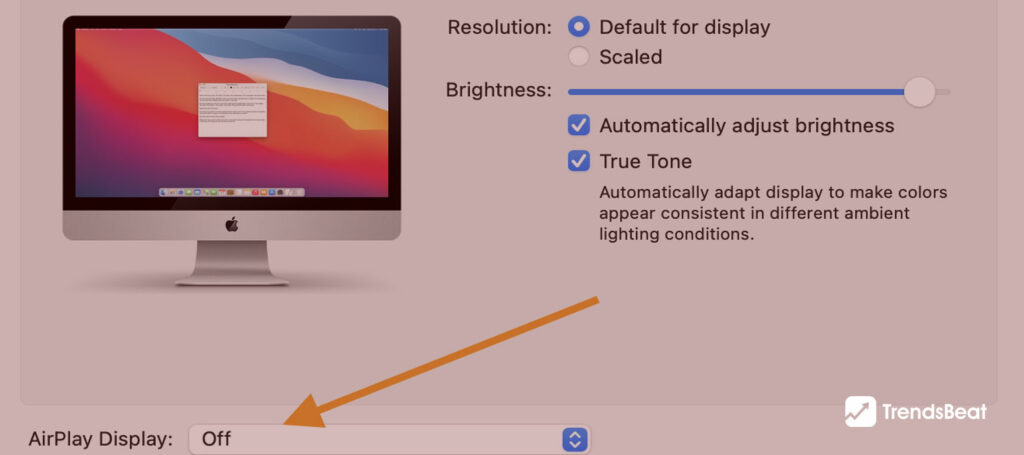



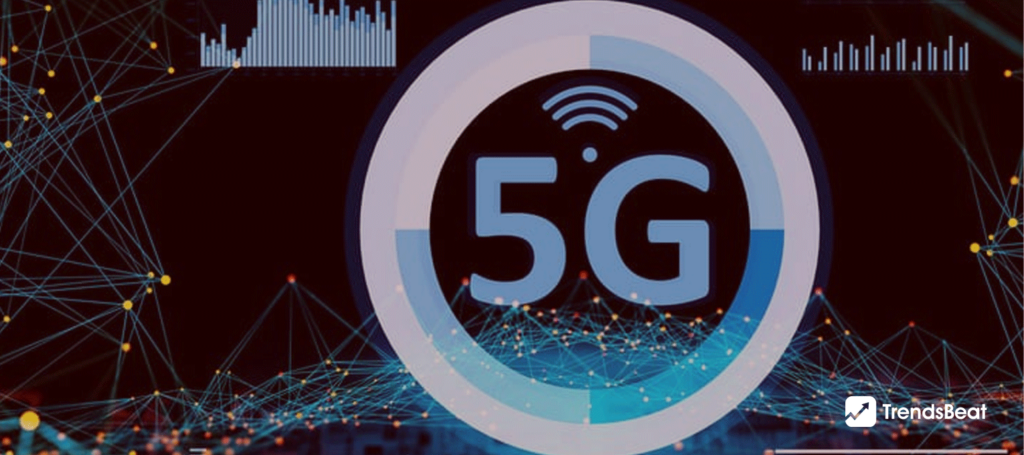







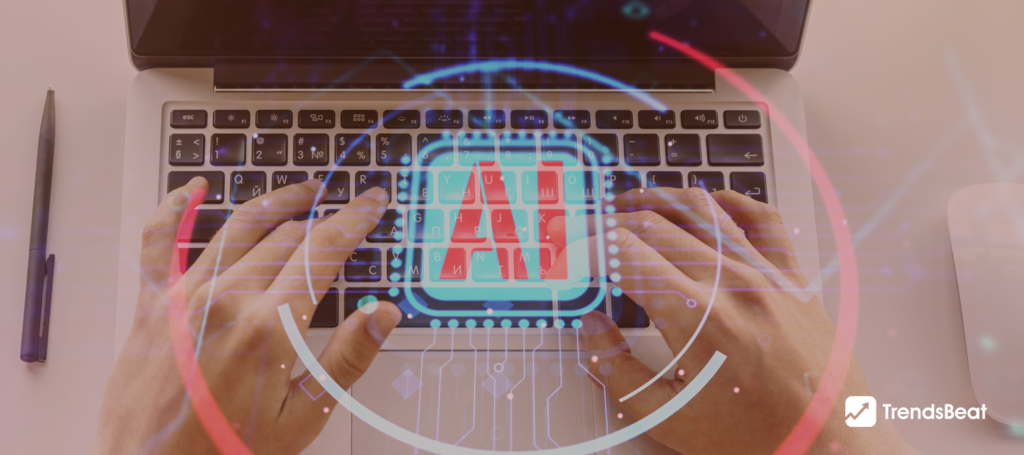


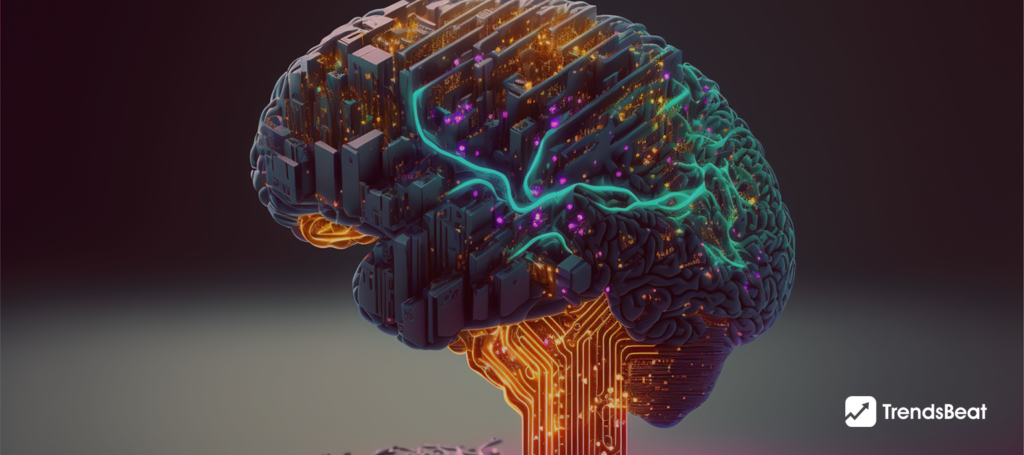
















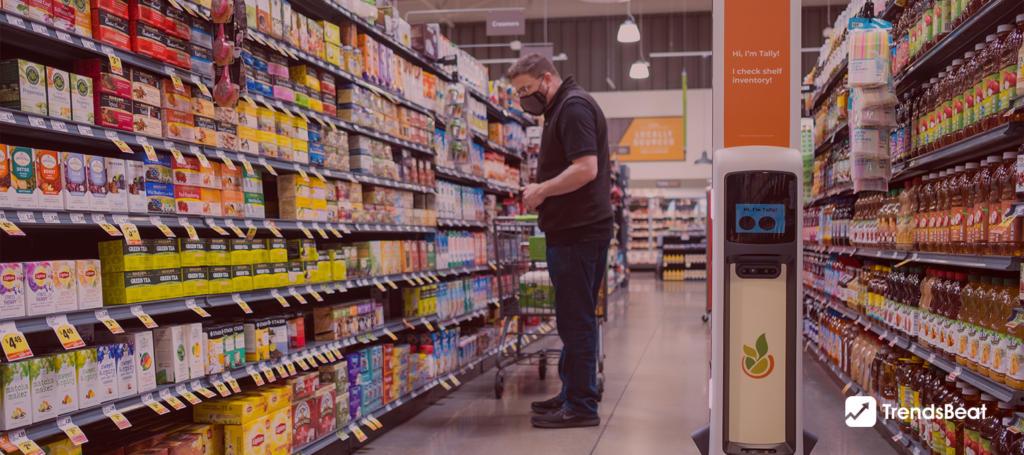

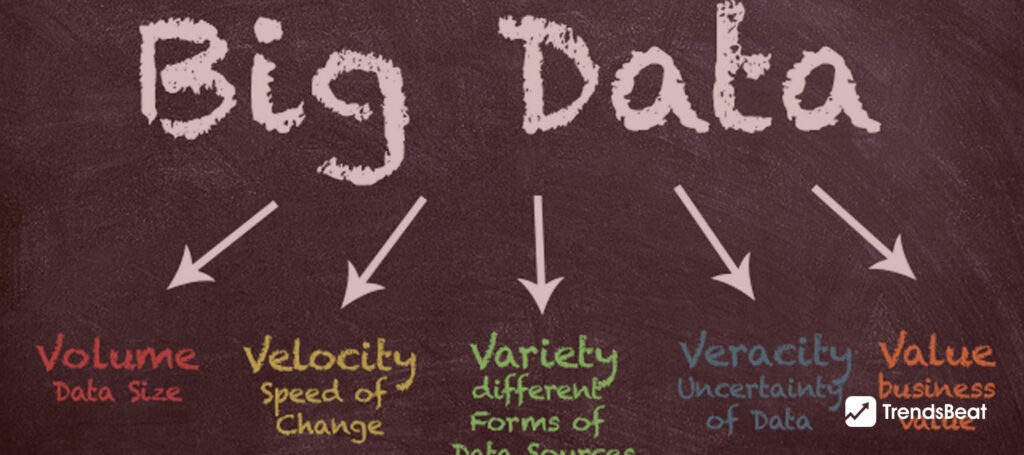
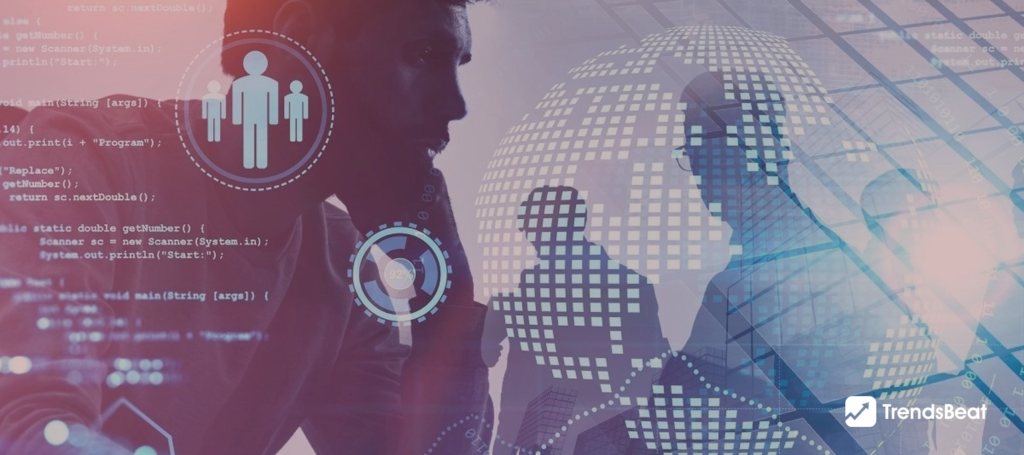

















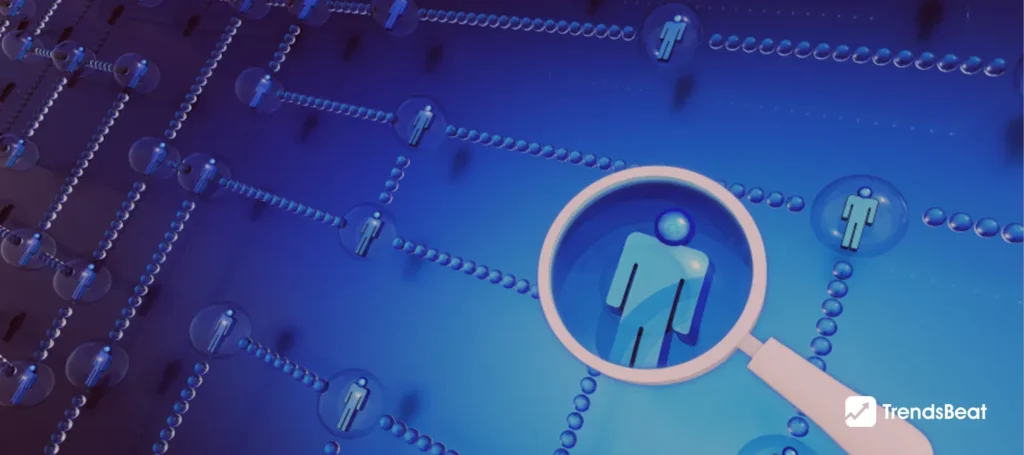













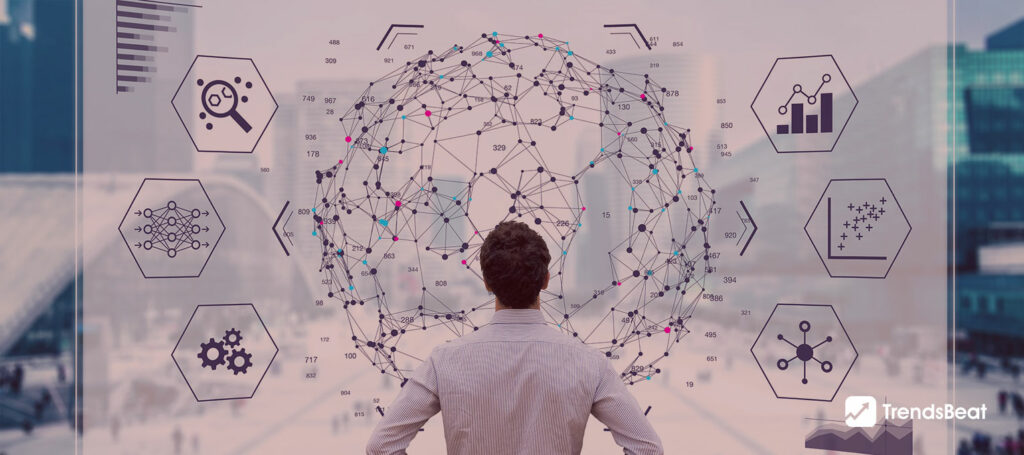


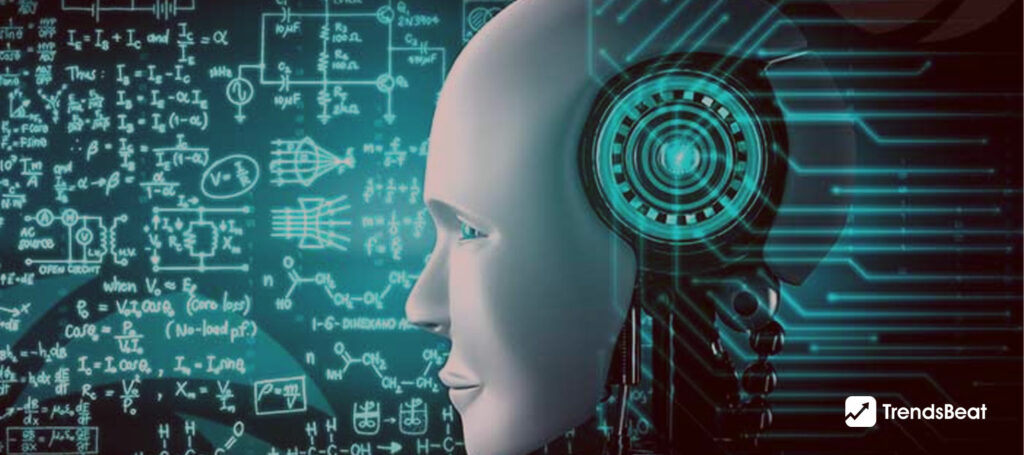

![Essential-Cybersecurity-Tips-for-Small-Businesses-[Protect-Your-Data]-TrendsBeat](https://trendsbeat.com/wp-content/uploads/2023/05/Essential-Cybersecurity-Tips-for-Small-Businesses-Protect-Your-Data-feature-image-template-1024x455.jpg)
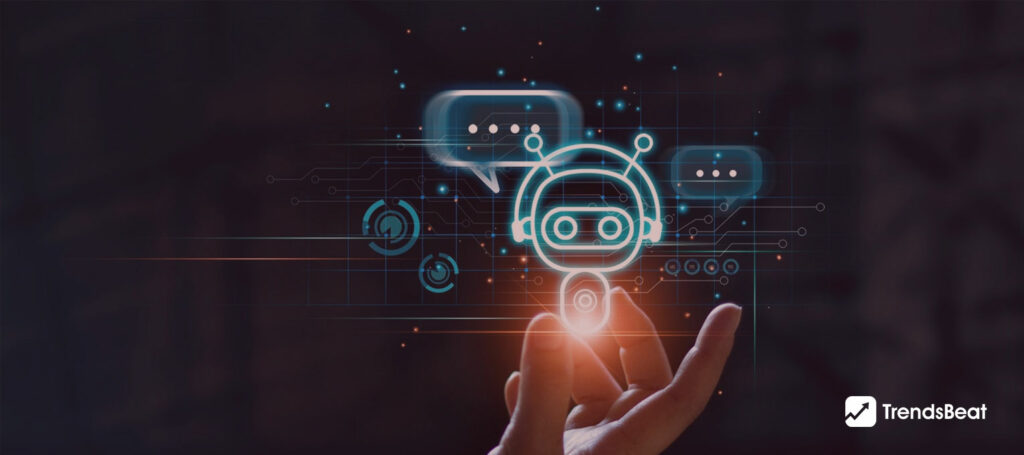











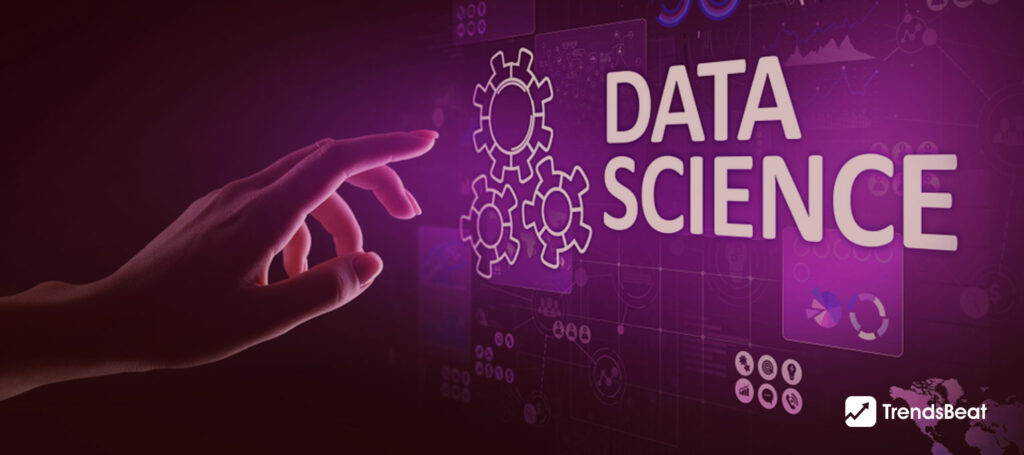


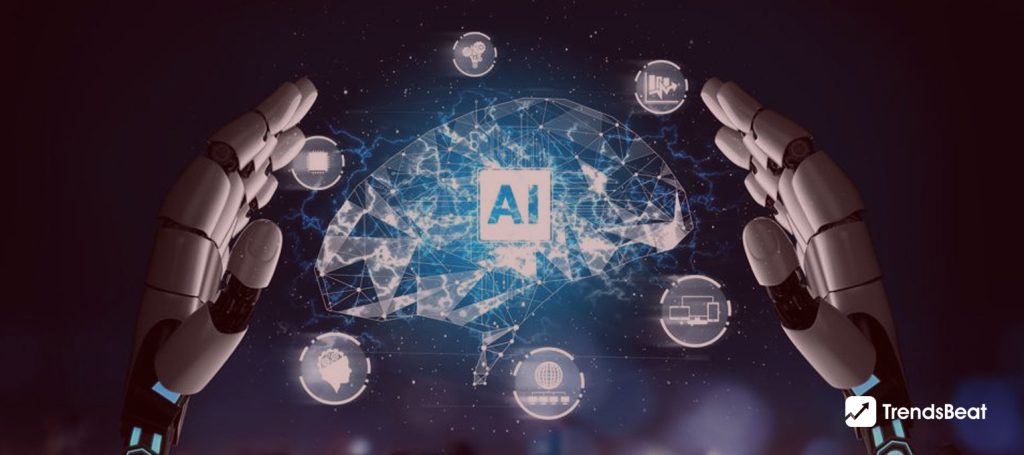


![Top Fitness Trends & Workout Routines to Follow [Stay Fit, Stay Healthy]](https://trendsbeat.com/wp-content/uploads/2023/04/feature-image-Top-Fitness-Trends-Workout-Routines-to-Follow-Stay-Fit-Stay-Healthy-1024x455.jpg)










![[Weight Loss Medication Health Effects] Side Effects and Best Advice](https://trendsbeat.com/wp-content/uploads/2023/04/feature-image-Weight-Loss-Medication-Health-Effects-Side-Effects-and-Best-Advice-1024x455.jpg)



